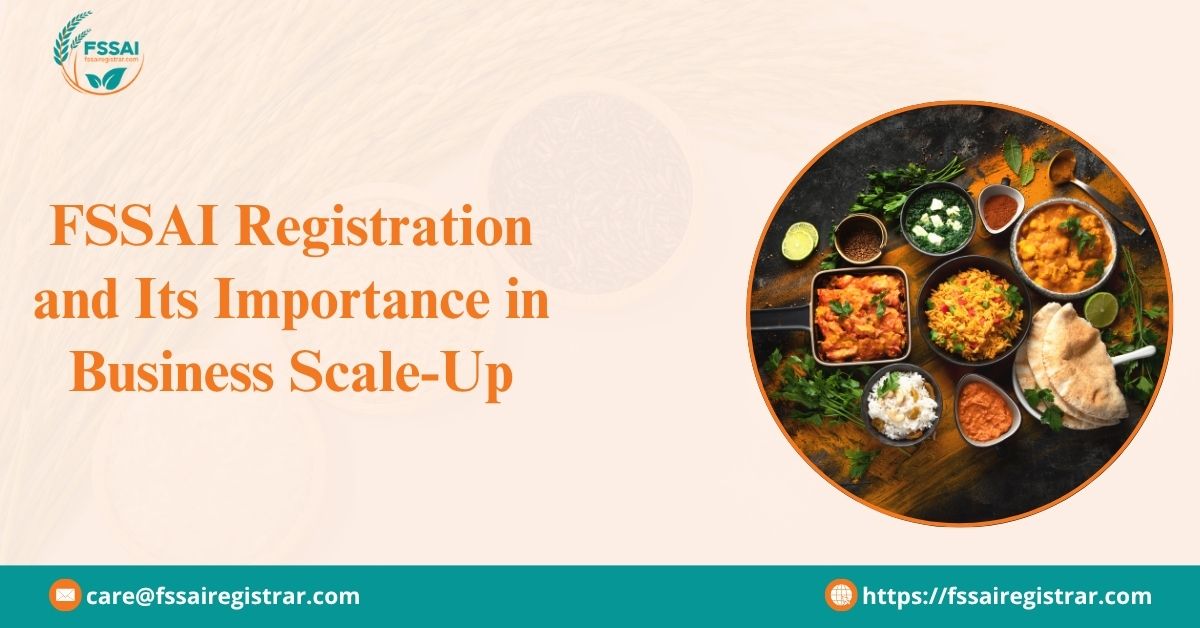In an era where digital transformation is reshaping industries, the food sector is no exception. The shift towards food license online is revolutionizing how food businesses operate and comply with regulations. This digital evolution not only streamlines processes but also enhances transparency, efficiency, and accessibility. As we delve deeper, it becomes evident that online food licensing is not just a trend but a pivotal step towards the future of food regulation.
The Traditional Licensing Landscape
Historically, obtaining a food license in India was a cumbersome process. Food Business Operators (FBOs) had to navigate through layers of bureaucracy, submit extensive paperwork, and endure long waiting periods for approvals. This manual approach often led to delays, errors, and a lack of transparency, hindering the growth of many food enterprises.
Emergence of Online Food Licensing
Recognizing the need for modernization, the Food Safety and Standards Authority of India (FSSAI) introduced the Food Licensing and Registration System (FLRS) in 2011. This online platform aimed to simplify the licensing process by allowing FBOs to apply, track, and manage their licenses digitally. Building on this foundation, FSSAI launched the Food Safety Compliance System (FoSCoS) in 2020, a more advanced, cloud-based platform designed to further streamline compliance processes.
The process to apply for Food License Online
- Visit Website – Open the official FSSAI registration portal.
- Fill Application Form – Enter your name, business details, and food category, and upload your PAN card.
- Review & Submit – Check all details and submit the form.
- Pay Fee – Complete the payment online as per your license type.
- Verify OTP – Enter the OTP sent to your registered mobile or email.
- Inspection (If Required) – Officials may inspect your premises for approval.
- Get an FSSAI License – Once approved, download your FSSAI license from the website.
Advantages of Online Food Licensing
1. Enhanced Efficiency and Accessibility
Online licensing platforms eliminate the need for physical visits to government offices. FBOs can now apply for licenses, upload necessary documents, and track application statuses from the comfort of their premises. This convenience accelerates the licensing process and reduces operational downtime.
2. Increased Transparency and Accountability
Digital platforms provide real-time updates on application statuses, ensuring that FBOs are informed at every step. This transparency fosters trust between businesses and regulatory bodies while also minimizing the chances of corruption and malpractice.
3. Cost-Effective Operations
By reducing the reliance on physical paperwork and in-person submissions, online licensing significantly cuts down on administrative costs. Additionally, the digital approach minimizes errors, which can lead to cost savings by avoiding penalties or reapplications.
4. Empowerment of Small and Medium Enterprises (SMEs)
SMEs often lack the resources to navigate complex regulatory landscapes. Online licensing platforms level the playing field by providing user-friendly interfaces and clear guidelines, enabling smaller businesses to comply with regulations without excessive expenditure.
5. Integration with Technological Innovations
Modern licensing systems are increasingly incorporating technologies like Artificial Intelligence (AI) and the Internet of Things (IoT) to monitor compliance and predict potential violations. Such integrations enhance the effectiveness of food safety regulations and ensure proactive measures are in place.
Challenges and Considerations
While the shift to online licensing offers numerous benefits, it also presents challenges:
- Digital Literacy: Not all FBOs are tech-savvy, which can hinder their ability to navigate online platforms effectively.
- Infrastructure Limitations: In regions with limited internet connectivity, accessing online licensing systems can be problematic.
- Data Security: With the digitization of sensitive information, ensuring robust cybersecurity measures is paramount to protect against data breaches.
The Road Ahead
To fully realize the potential of online food licensing, concerted efforts are required:
- Training Programs: Implementing educational initiatives to enhance digital literacy among FBOs.
- Infrastructure Development: Investing in internet infrastructure to ensure nationwide accessibility.
- Continuous System Updates: Regularly updating online platforms to incorporate user feedback and technological advancements.
Note:- Now you can easily Renewal food license
Conclusion
The transition to online food licensing marks a significant milestone in the evolution of food regulation. By embracing digital platforms, regulatory bodies and food businesses can foster a more efficient, transparent, and inclusive environment. As technology continues to advance, the integration of innovative solutions will further enhance food safety standards, making online licensing not just a convenience but a necessity for the future.Online licensing reduces bureaucratic delays, empowers small and medium enterprises, lowers administrative costs, and enhances accountability. More importantly, it enables a responsive and data-driven regulatory environment that can adapt to the fast-changing needs of the food industry.
In essence, online food licensing isn’t just the future—it’s the foundation of a safer, smarter, and more efficient food regulation ecosystem.





Comments